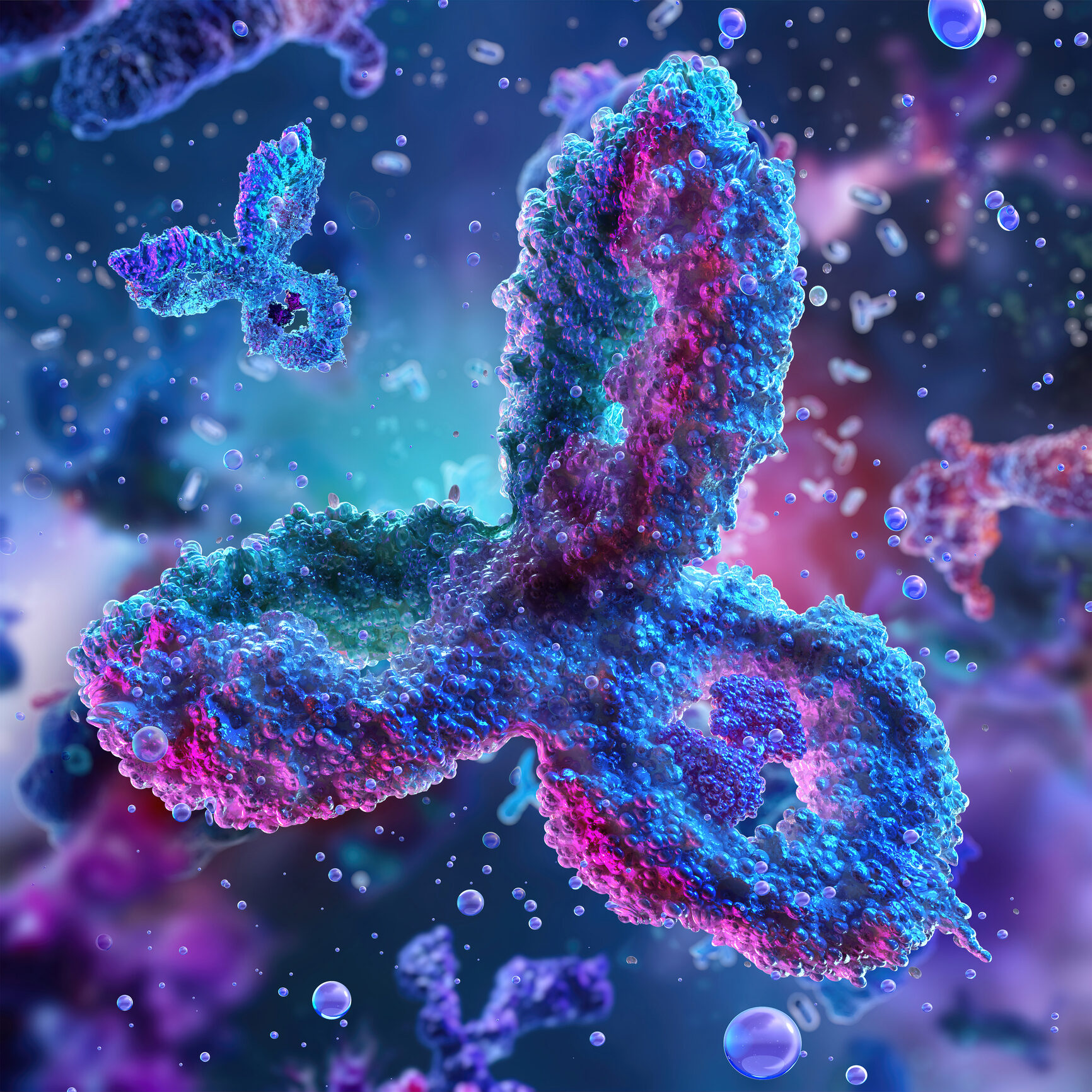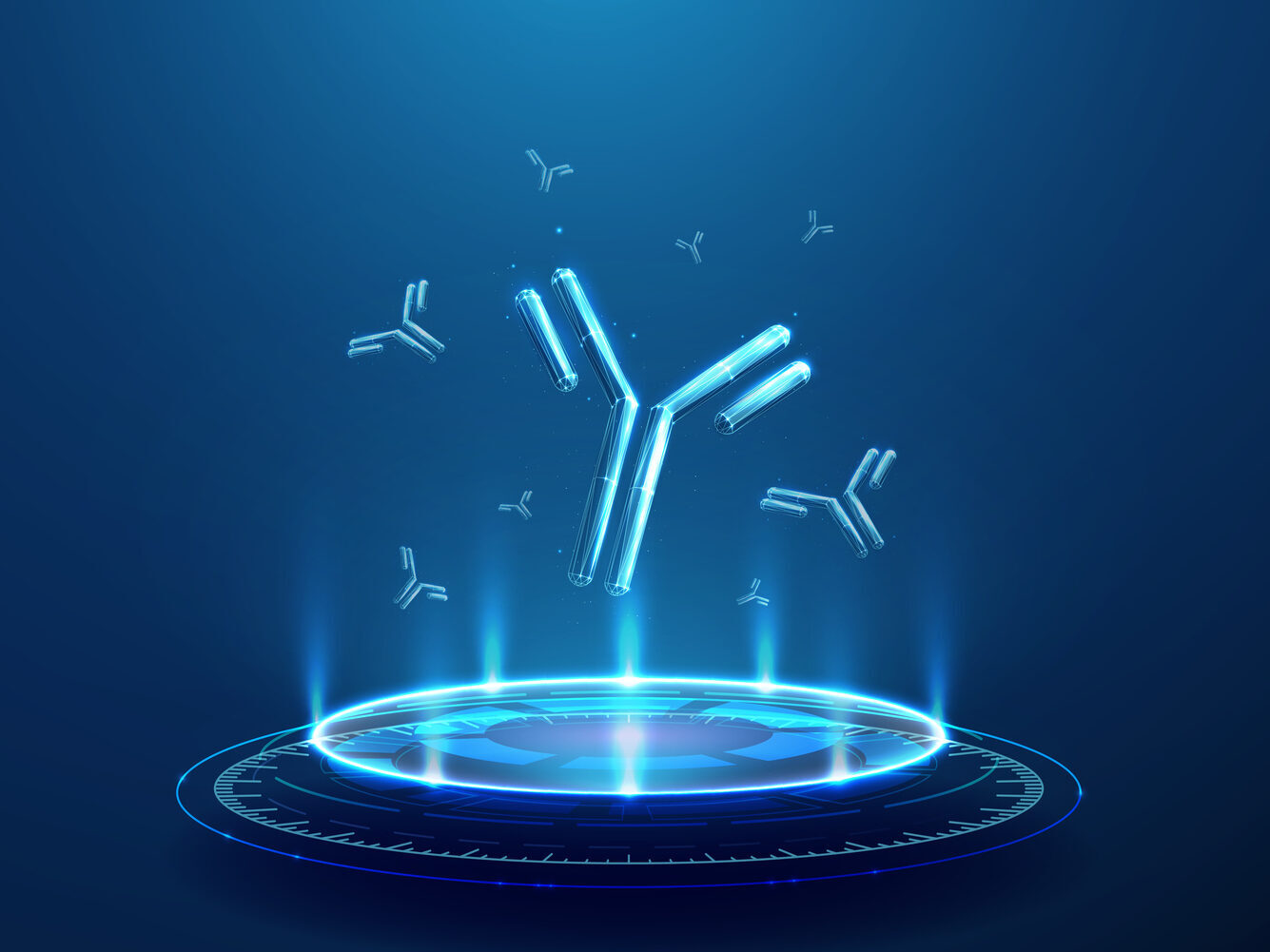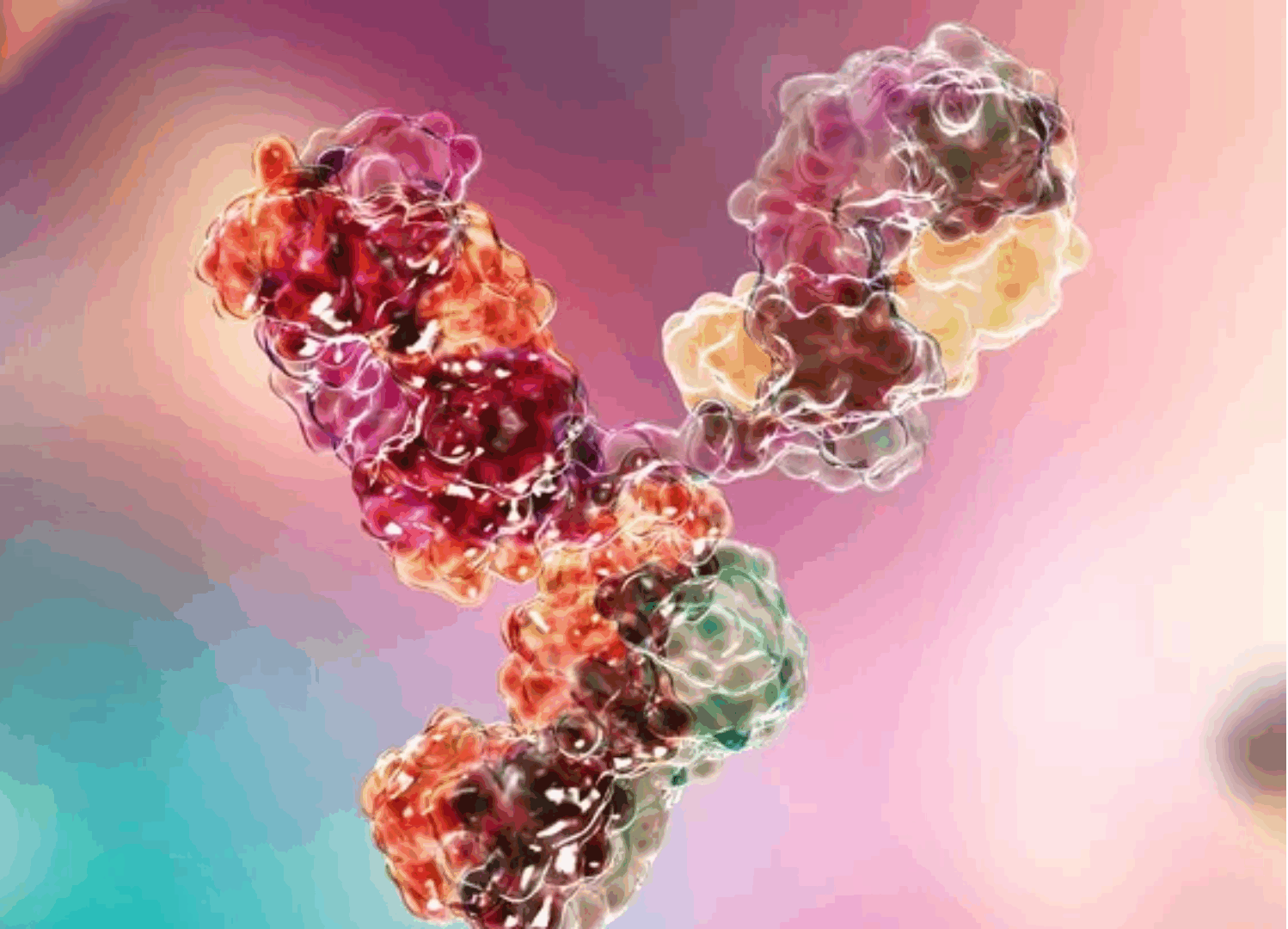Cart (0 Items)
Your cart is currently empty.
View ProductsIt looks like you are visiting from outside the EU. Switch to the US version to see local pricing in USD and local shipping.
Switch to US ($)

When you invest in a custom monoclonal antibody, you expect performance.
We make it simple: we send you a selection of carefully curated antibody candidates for direct validation in your own application, so you can confirm functionality where it matters most: your lab.

Our all-inclusive packages cover everything, from antigen synthesis to the production of your validated monoclonal antibodies, with guaranteed performance in 11 key applications, including ELISA, Western Blot, flow cytometry, immunofluorescence, immunohistochemistry, immunoprecipitation, lateral flow assays, and more.
Because our offering is connected to multiple expertise areas (from diagnostic antibody services to custom assay development), your antibody will be ready for the type of test you actually need.

Whether your target is a small molecule or a challenging membrane protein, we have the technology to deliver.
Our four complementary discovery platforms allow us to take on even the most complex projects:
This comprehensive technological suite, combined with the know-how of our PhD-level scientists, enables us to succeed where others have failed.

Discover two examples that show how our technologies and expertise enabled us to overcome demanding projects.
Check our success story – Pharmacokinetic studies
Check our success story – Drug detection in vivo

Need to detect a low-abundance antigen in a complex matrix? Target a cryptic epitope? Or stay within budget? ProteoGenix provides a full spectrum of species, antibody types, and production methods:
And if you need to produce your validated clone rapidly, our transient expression services or custom cell line development solutions ensure you get the exact quantity and format required for your project.
From antigen to antibody in just 4 weeks.

“We are thrilled with the success we’ve achieved through our collaboration with ProteoGenix in developing monoclonal antibodies targeting our protein. The antibodies they produced were not only highly selective but also demonstrated exceptional affinity for our target, significantly advancing our research. ProteoGenix impressed us with their efficiency and speed throughout the process. Their commitment to providing excellent customer service made our experience even better, as they were always available to address our questions and concerns. We highly recommend ProteoGenix to anyone in need of high-quality antibody development.”
Verónica Alcolea, Product Development Manager, Telum Therapeutics, Spain
JP Barnier et al., The minor pilin PilV provides a conserved adhesion site throughout the antigenically variable meningococcal type IV pilus. PNAS 118, (45) e2109364118 (2021).
https://doi.org/10.1073/pnas.2109364118
H Cerutti et al., Large scale production and characterization of SARS-CoV-2 whole antigen for serological test development. J Clin Lab Anal 35, (4) 23735 (2021).
https://doi.org/10.1002/jcla.23735
PC Maity et al., IGLV3-21*01 is an inherited risk factor for CLL through the acquisition of a single-point mutation enabling autonomous BCR signaling. PNAS 117, (8) 4320-27 (2020).
https://doi.org/10.1073/pnas.1913810117
M Fresquet et al., Autoantigens PLA2R and THSD7A in membranous nephropathy share a common epitope motif in the N-terminal domain. J Autoimm 106, 102308 (2020).
https://doi.org/10.1016/j.jaut.2019.102308
P Cunha et al., Expansion, isolation and first characterization of bovine Th17 lymphocytes. Nature Sci Rep 9, 16115 (2019).
https://doi.org/10.1038/s41598-019-52562-2
M Krifa et al., Limoniastrum guyonianum aqueous gall extract induces apoptosis in human cervical cancer cells involving p16INK4A re-expression related to UHRF1 and DNMT1 down-regulation. J Exp Clin Canc Res 32, (30) (2013).
https://doi.org/10.1186/1756-9966-32-30
E Faure et al., Probable presence of an ubiquitous cryptic mitochondrial gene on the antisense strand of the cytochrome oxidase I gene. Biol Direct 6, (56) (2011).
https://doi.org/10.1186/1745-6150-6-56
